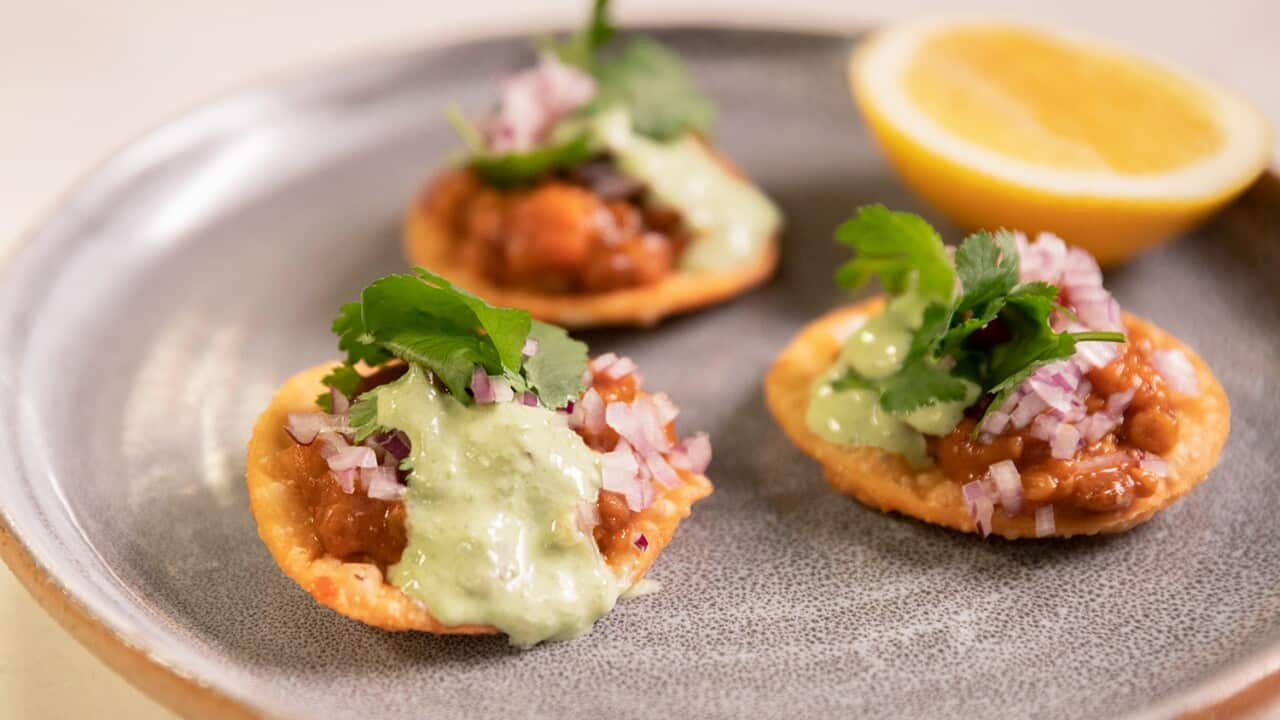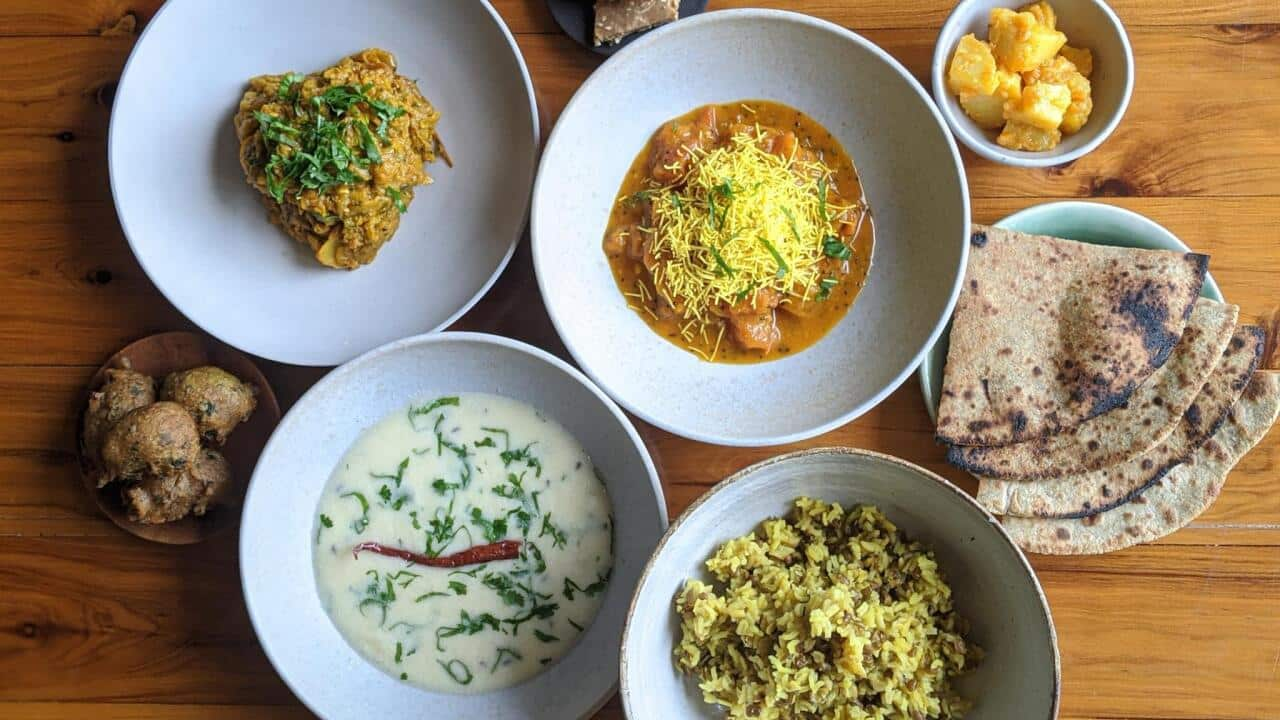--- Discover the comforts of Indian home cooking with Adam D'Sylva, Helly Raichura and Sandeep Pandit on India Unplated, Thursdays 8.00pm on SBS Food and streaming on SBS On Demand. Visit the for recipes, articles and more. ---
You may be familiar with : forgoing food for a certain period. A few years ago, it even became a trend. Log on to Instagram and you can find hundreds of social media accounts promoting it.
Intermittent fasting is associated with . For example, it's believed to improve heart health and endurance, and help people .
INTERMITTENT FASTING

How to fast properly and live a longer life
However, in India, fasting is not new. It's a part of our culture and traditions. Since India has always been a spiritual country, fasting is considered a moral duty. It's believed that fasting not only cleanses your body but purifies your soul.
There's a religious fast for every day of the week for those who are spiritual and each involves strict rules. Here are some of the religious fasts followed in India and food eaten to break the fast:
Solah somvar
The 16 Mondays fast occurs during the holy month of Shravan, the fifth month of the year as per the Hindu calendar. In the northern states of India, solah somvar starts with the full moon in mid-July. It lasts until the full moon in August and marks the beginning of many important festivals. In the southern states, it begins with the new moon in July and ends with the new moon in August, when southerners celebrate the arrival of the southwest monsoons.
In India, fasting is not new. It's ingrained in our culture and a part of our tradition.
Devotees fast for 16 consecutive Mondays and pray to Lord Shiva. Since Shiva is a hermit and doesn't need any material pleasures, including food, fasting is supposed to please him.
Navratri
The Festival of Nine Nights is celebrated across India in October. There are many stories associated with this festival. But the one I love is of Goddess Durga slaying the demon Mahishasura. He was blessed with immortality by the world's creator, Lord Brahma. However, there was a condition on his immortality: he could be defeated by a woman.
High on power, he terrorised everyone and everything that came in his way. So, three powerful Gods – Brahma, Vishnu and Shiva – created Goddess Durga, a form of Lord Shiva's wife, Parvati. Durga challenged Mahishasura and fought an epic battle with him, ultimately slaying him on the last day of Navratri. So, during these nine days, various forms of the goddess are worshipped using different rituals and prayers.
Most observers fast for nine whole days, surviving on water and fruit. Some go on a grain- and gluten-free fast, and others eat only one meal a day. Alcohol, meat and poultry are strictly avoided at this time; a strict vegetarian diet is followed.
Ekadashi
Ekadashi is observed on the two days of the lunar phases in the Hindu calendar: Shukla Paksha and Krishna Paksha, which occur every 15 days.
It's believed that you can please Lord Vishnu, the preserver of life on earth, by fasting on these days. It's also said that you can achieve Moksha and be liberated from the cycle of life and death.
Whether you fast for religious or health reasons, it's considered to have plenty of benefits.
Bhavna Kalra is a passionate Indian cook based out of Sydney. She missed Indian food after moving to Australia over a decade ago and started to cook, write, and document the traditional recipes that she grew up eating back home. follow her on Instagram
INDIA UNPLATED

Why I prefer to cook Indian dishes with mustard oil








